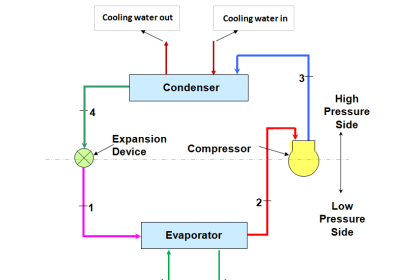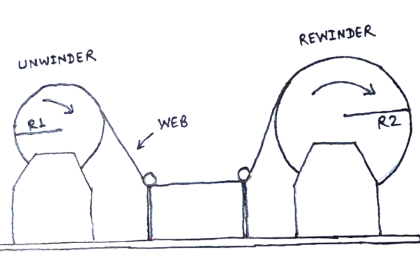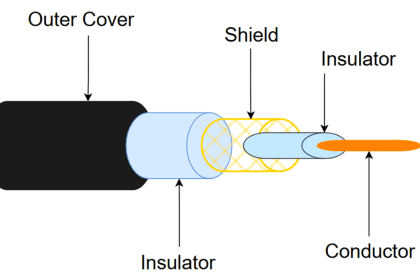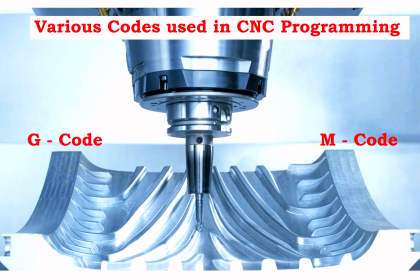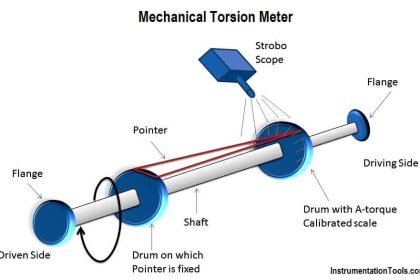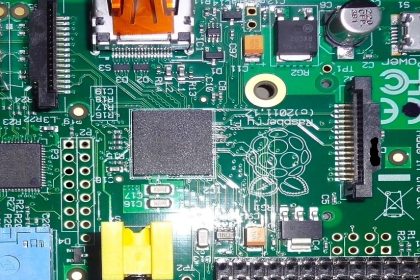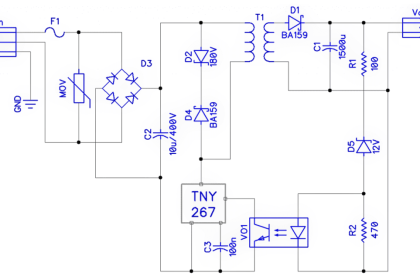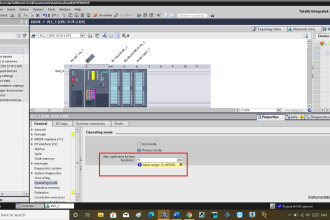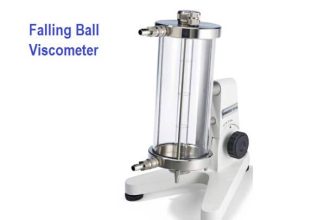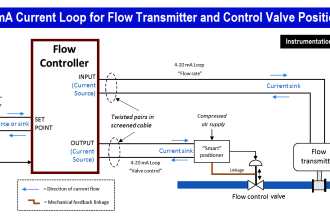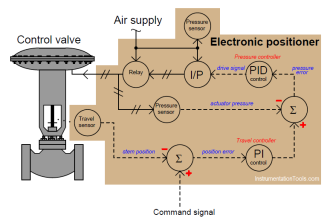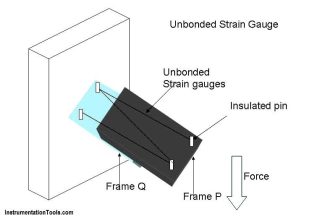Quality tools are crucial for tradesmen, directly impacting the efficiency and outcome of their work. Reliable and robust tools not only enhance performance but also ensure safety and longevity in demanding work environments. Understanding this, tradesmen can see the value in choosing the right tools for their trade.
Choosing the right power tools hinges on understanding their types. Corded tools provide robust power for heavy tasks, while cordless options offer mobility for varied work settings. Specialty tools, designed for particular jobs, add a layer of precision. These choices ensure that tradesmen can select the most efficient and quality tools for their specific needs.
In this article, we will talk about the key factors to consider when selecting power tools. The focus will be on equipping tradesmen with the knowledge to make informed choices, ultimately empowering them in their various trades.
Factors to Consider When Choosing Power Tools
The right choice in power tools is a blend of functionality and innovation. Selecting tools that meet these criteria ensures not only productivity but also a higher standard of workmanship.
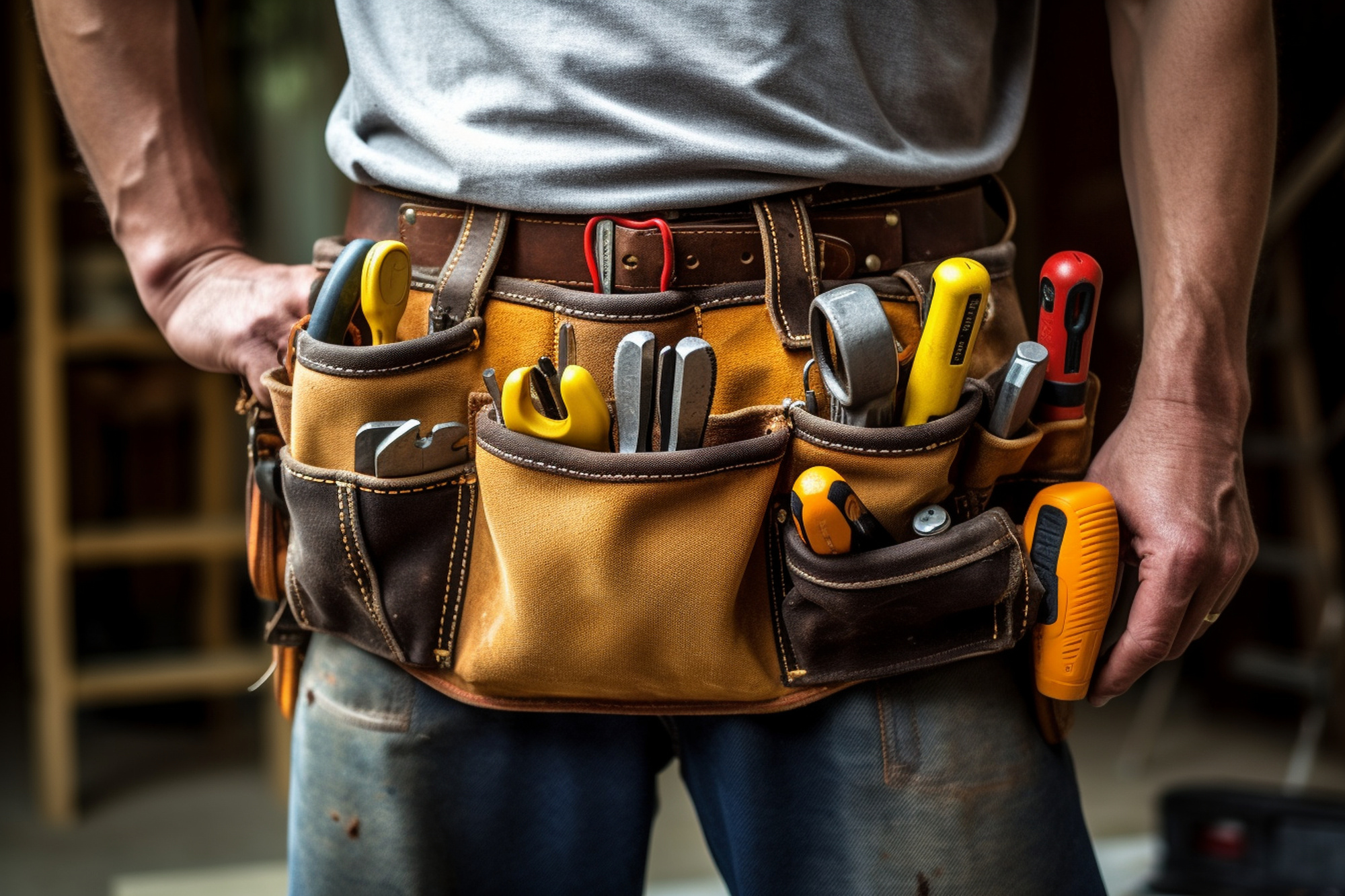
Durability And Performance
Durability in power tools means they can withstand tough conditions and frequent use. Performance is about how efficiently and effectively a tool operates. Tools that excel in both these areas are invaluable to tradesmen.
Brand Reputation
Brand reputation speaks volumes about reliability and quality. Established brands often offer better after-sales service and warranties. Their tools are usually more trusted among professionals for consistent performance.
Safety Features
Safety features in power tools are not just add-ons; they are essential. Features like automatic shut-offs and enhanced grips prevent accidents. Prioritizing safety in tool design protects tradesmen on the job.
Remember, the right choice in power tools is a balance of all these factors. For more insights and options on buying power tools online, consider exploring a range of reputable sources.
Importance of Ergonomics in Power Tools
Ergonomic design in power tools significantly enhances comfort and efficiency. Tools with user-friendly grips and balanced weight distribution reduce fatigue, allowing for longer periods of use without discomfort. This design consideration improves control and precision, directly impacting the quality of work.
Moreover, ergonomic tools play a vital role in reducing strain and preventing injuries. Features like vibration reduction and adjustable handles cater to the user’s physical needs. By minimizing the physical stress on the body, these tools help tradesmen maintain their health and productivity over long-term use.
Investing in Versatile Tools
Investing in multi-functional tools, like a drill-driver with various attachments, offers tradesmen versatility. These adaptable tools can perform tasks like drilling, driving screws, and even sanding, reducing the need to carry separate tools for each function. This streamlines the toolkit, saving time and effort on job sites.
The financial benefits of such versatile tools are notable. By investing in a single tool that can fulfill multiple roles, tradesmen avoid the cost of multiple specialized tools. Over time, this approach leads to considerable savings in both finances and storage space, optimizing their investment in the toolkit.

The Role of Technology in Modern Power Tools
Modern power tools are increasingly integrating innovative technological features. These advancements include precision controls, enhanced power management, and digital interfaces for improved accuracy. Such features not only make the tools more user-friendly but also significantly boost their functionality.
The incorporation of technology in power tools directly enhances productivity. For instance, tools with advanced battery technology offer longer run times, reducing the need for frequent recharging. Smart features like adjustable settings allow tradesmen to tailor the tool’s performance to specific tasks, increasing efficiency and job quality.
Maintenance and Care of Power Tools
Maintenance and care of power tools are critical for their longevity and reliability. Proper maintenance extends the life of power tools. Regular cleaning prevents build-up that can impair function, while sharpening blades and bits and oiling moving parts keeps tools running efficiently.
Regular maintenance also includes checking for wear and tear. Replacing worn cords, ensuring batteries are properly charged, and regularly inspecting for any damage are crucial steps. Storing tools in a dry, dust-free environment prevents rust and damage.
The calibration of tools ensures accuracy in work. Periodically checking and adjusting settings, especially in precision tools, maintains their effectiveness. For battery-operated tools, proper charging and storage extend battery life. Avoiding overloading the tools and using them within their recommended capacity also prevents premature wear.
Conclusion
In the evolving landscape of power tools, staying informed and mindful about choices can make a significant difference. Each aspect plays a role in shaping a tradesman’s capabilities from ergonomics to technology. The power lies in selecting tools that not only meet immediate needs but also contribute to long-term productivity and success in the trade.
